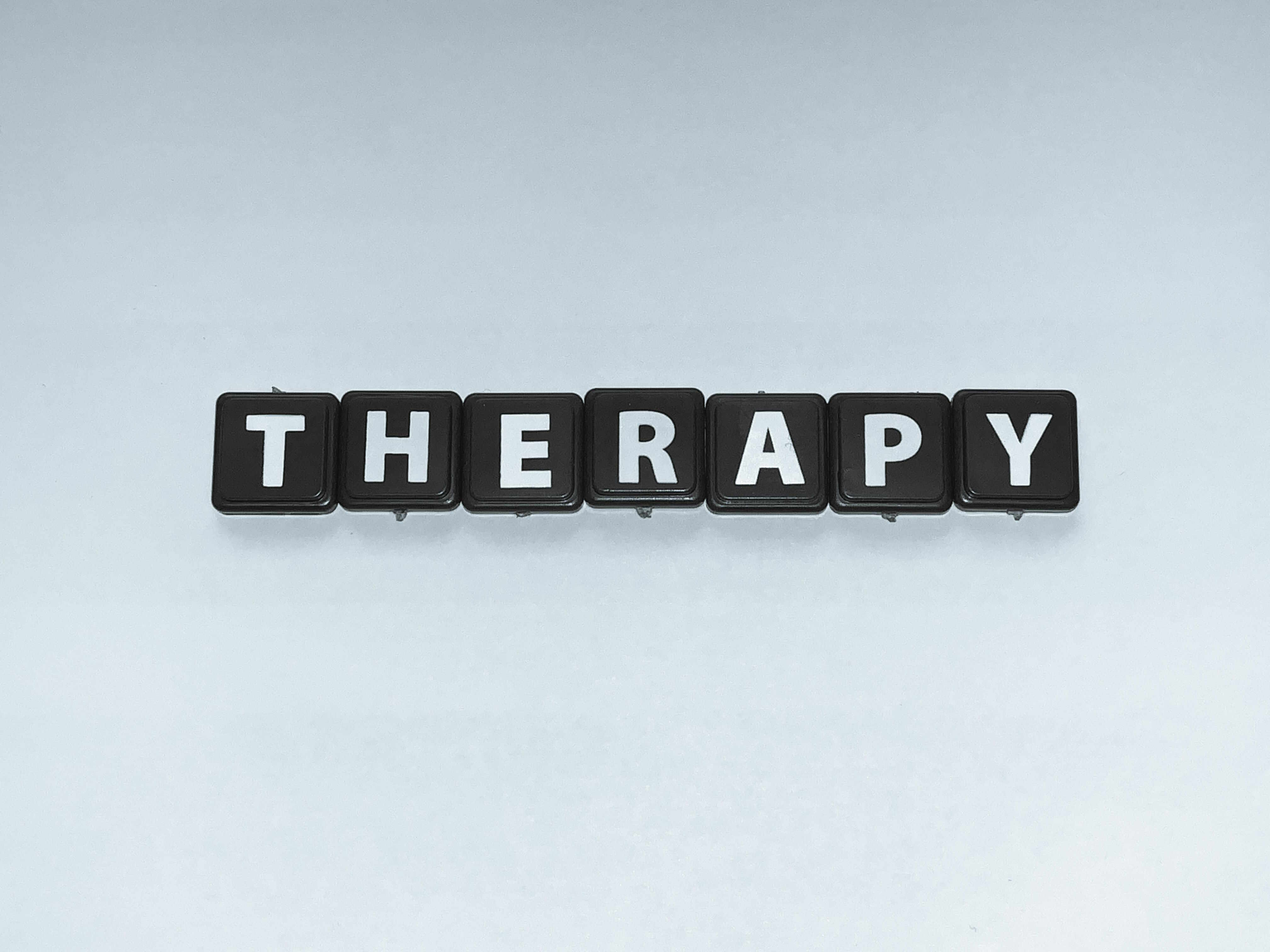Anxiety Treatment Online Programs for 2025: Expanding Access to Mental Health Support
In 2025, online anxiety treatment programs are becoming a cornerstone of accessible mental health care. These digital options integrate evidence-based therapies such as Cognitive Behavioral Therapy (CBT) and mindfulness-based approaches through structured virtual sessions or self-guided modules. With increased platform variety and improved privacy safeguards, individuals can explore flexible and supportive pathways for managing anxiety symptoms. This article outlines how online programs operate, what affects their cost and effectiveness, and how they fit into the evolving landscape of remote therapy.

The landscape of mental health care has shifted dramatically over recent years, with online anxiety treatment programs becoming a mainstream option for millions of people worldwide. These digital platforms provide structured therapeutic interventions, professional guidance, and self-help resources that address various forms of anxiety disorders. The growth of telehealth infrastructure, combined with increased acceptance of virtual care, has made it possible for individuals to receive quality mental health support from the comfort of their homes.
The accessibility of online programs has proven particularly valuable for those living in rural areas, individuals with mobility challenges, or people whose work schedules make traditional in-person appointments difficult. These platforms typically offer flexible scheduling, asynchronous communication options, and a range of treatment modalities tailored to different needs and preferences.
The Evolution of Online Anxiety Treatment
Online anxiety treatment has progressed from basic informational websites to sophisticated platforms offering comprehensive care. Early digital mental health resources primarily provided educational content and self-help articles. Today’s programs integrate video therapy sessions, interactive cognitive behavioral therapy modules, medication management through telepsychiatry, and real-time crisis support.
The development of secure, HIPAA-compliant video conferencing technology has enabled licensed therapists to conduct sessions that closely mirror in-person appointments. Many platforms now incorporate artificial intelligence to personalize treatment plans, track symptom progression, and provide immediate coping tools during moments of heightened anxiety. Mobile applications have also become integral, allowing users to access breathing exercises, journaling prompts, and mindfulness practices throughout their day.
Research has increasingly validated the effectiveness of online interventions for anxiety disorders. Studies comparing virtual cognitive behavioral therapy to traditional face-to-face sessions have shown comparable outcomes for many patients, particularly those with generalized anxiety disorder, social anxiety, and panic disorder. This evidence base has helped reduce skepticism among healthcare providers and insurance companies, leading to broader coverage and acceptance.
Common Approaches Used in Online Programs
Online anxiety treatment programs employ various therapeutic approaches, with cognitive behavioral therapy remaining the most widely used and researched method. CBT-based programs guide users through identifying negative thought patterns, challenging cognitive distortions, and developing healthier behavioral responses to anxiety triggers. These interventions often include structured modules that users complete at their own pace, supplemented by regular check-ins with licensed therapists.
Exposure therapy, another evidence-based treatment for specific phobias and social anxiety, has been adapted for digital delivery through virtual reality environments and guided imagery exercises. Mindfulness-based stress reduction programs teach meditation techniques, body awareness, and present-moment focus to help manage anxiety symptoms. Acceptance and commitment therapy modules encourage users to accept uncomfortable feelings while taking action aligned with their values.
Many platforms offer a hybrid approach, combining self-guided content with scheduled therapy sessions. This model allows for cost-effective treatment while maintaining professional oversight. Some programs specialize in specific anxiety disorders, while others provide comprehensive care for multiple mental health conditions. Group therapy sessions conducted via video conferencing have also gained popularity, offering peer support and shared learning experiences.
Accessibility and Cost in 2025
The financial aspect of online anxiety treatment varies considerably depending on the platform, level of professional involvement, and insurance coverage. Understanding these costs helps individuals make informed decisions about their mental health care options.
| Service Type | Provider Examples | Cost Estimation |
|---|---|---|
| Self-Guided Programs | Sanvello, MindShift | Free to $15 per month |
| Therapist-Matched Platforms | BetterHelp, Talkspace | $260 to $400 per month |
| Psychiatry Services | Brightside, Cerebral | $85 to $300 per month |
| Insurance-Based Telehealth | Teladoc, Amwell | $0 to $75 per session with coverage |
| Specialized CBT Programs | Joyable, NOCD | $99 to $199 per month |
Prices, rates, or cost estimates mentioned in this article are based on the latest available information but may change over time. Independent research is advised before making financial decisions.
Self-guided programs typically represent the most affordable option, with many offering free basic features and premium subscriptions for enhanced content. These work well for individuals with mild to moderate anxiety who feel comfortable with independent work. Platforms connecting users with licensed therapists generally charge monthly subscription fees that include unlimited messaging and weekly video sessions, though some operate on a per-session basis.
Insurance coverage for online mental health services has expanded significantly, with many major insurers now reimbursing teletherapy at the same rates as in-person visits. However, coverage varies by plan and provider, making it essential to verify benefits before committing to a program. Some platforms accept insurance directly, while others provide documentation for out-of-network reimbursement.
Accessibility extends beyond cost to include factors like language options, cultural competency, and accommodations for disabilities. Leading platforms now offer services in multiple languages and allow users to select therapists based on specific cultural backgrounds or specializations. Mobile-first designs ensure that treatment remains accessible even for those without regular computer access.
Making Online Treatment Work for You
Successfully engaging with online anxiety treatment requires active participation and realistic expectations. While these programs offer convenience and accessibility, they work best when users commit to regular engagement with the content and exercises. Setting aside dedicated time for therapy sessions, completing assigned homework, and practicing coping skills between sessions enhances treatment effectiveness.
Not all online programs suit every individual or anxiety type. Severe anxiety disorders, co-occurring conditions, or situations requiring crisis intervention may necessitate more intensive in-person care. Many people find that a combination of online resources and occasional face-to-face appointments provides the optimal balance of convenience and comprehensive support.
Technical literacy and reliable internet access remain prerequisites for most online programs, though providers continue working to minimize these barriers. Some platforms offer phone-based sessions as alternatives to video calls, and downloadable content allows for offline access to certain resources.
Online anxiety treatment programs have fundamentally changed how mental health support is delivered and accessed. As technology continues advancing and evidence supporting digital interventions grows, these platforms will likely become even more sophisticated and personalized. For many individuals struggling with anxiety, online programs represent a valuable pathway to professional help that fits their lives, schedules, and budgets. While not a universal solution, they have undeniably expanded access to care for populations previously underserved by traditional mental health systems.
This article is for informational purposes only and should not be considered medical advice. Please consult a qualified healthcare professional for personalized guidance and treatment.




